Faith and spirituality can be catalysts for racial healing, and communities with shared values and beliefs are gathering in meaningful ways to promote social justice.
The Evangelical Lutheran Church of America (ELCA) is one such faith community that formally observed National Day of Racial Healing by hosting a free nationwide virtual event on Jan. 21. The educational event included workshops, worship and music, collectively designed to amplify voices of color, raise awareness of the need for racial healing and inspire collective action to build common ground.
“Remembering the legacy of Dr. Martin Luther King Jr. doesn’t end with celebrating his birthday,” Elizabeth Eaton, presiding bishop of the ELCA said in a release. “As Lutherans, we are called by our baptismal covenant to strive for justice and peace throughout the earth… We, as the church, have an opportunity to listen to and learn from academics, artists, advocates of color, and their allies in our church. Through this event, the ELCA is joining other institutions and organizations committed to a national day of healing the wounds of racism through truth-telling and deeper connections that lead to transformation.”
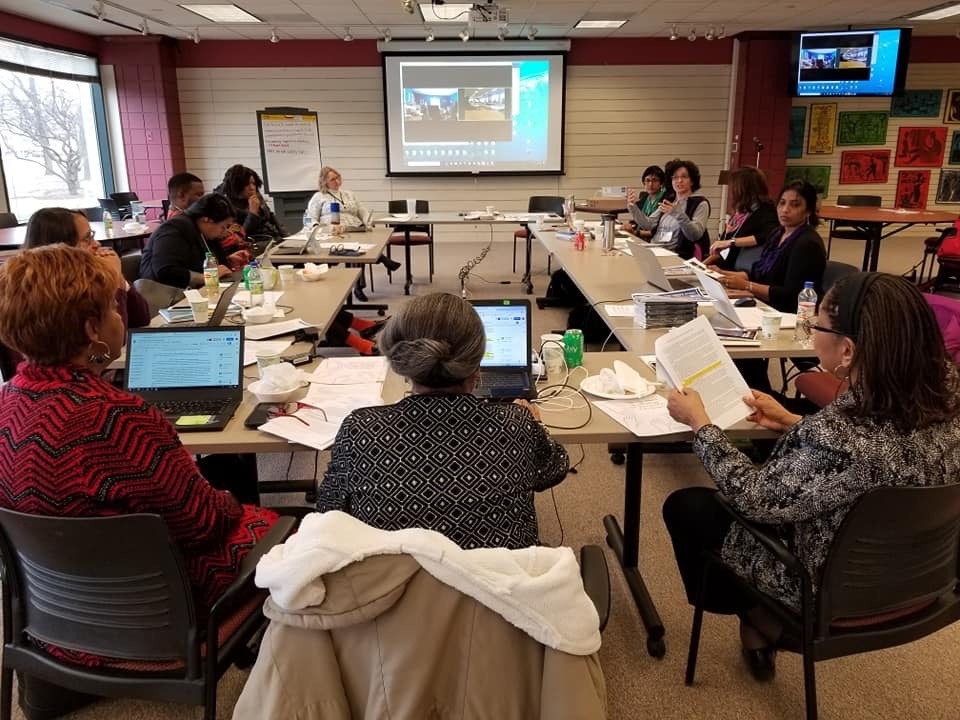
With nearly 3 million baptized members, the ELCA is the largest Lutheran denomination in the United States. Judith Roberts, senior director for diversity, equity and inclusion, said the National Day of Racial Healing builds off the church’s work to bring greater accountability, reconciliation and healing within ELCA and throughout the world.
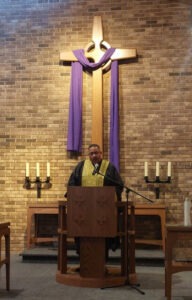 “I’m hoping this will be the start of more learning opportunities for people within our church to feel that connection,” Roberts said. “We have created some spaces for people of color to network and to connect and find community… Theologically, there are ways that those voices need to be amplified and people are hungry for hope; people are seeking peace.”
“I’m hoping this will be the start of more learning opportunities for people within our church to feel that connection,” Roberts said. “We have created some spaces for people of color to network and to connect and find community… Theologically, there are ways that those voices need to be amplified and people are hungry for hope; people are seeking peace.”
Roberts added that the ELCA National Day of Racial Healing aims to inspire dialogue and change beyond the single day observance and beyond the collective walls of its faith community.
“People can be so tooled or retooled and so filled from this day that when they connect with people in other communities that they’re already networked with, that they can show up better to work in collaboration with other people outside of the church,” she said. “I feel like this could create some synergy to cultivate support and lift up these kinds of initiatives and create more spaces and opportunities to work with others.”
Faith communities, such as churches or schools, play a pivotal role in racial healing given their unique ability to bring people together in a safe space for spiritual guidance and a sense of shared humanity, regardless of race or ethnicity.
In Wheaton, Ill. two distinct churches have been sharing a pastor and a place of worship. Bethel New Life Church hosted a “Faith and Action Forum” at Hope Presbyterian Church, where a diverse panel explored needs related to racial healing, possible action steps and how the faith community can be involved
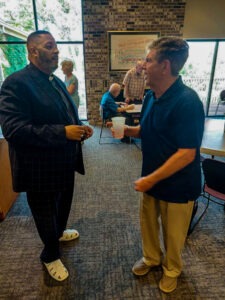
Bethel New Life is a non-denominational church with a predominantly Black congregation. It is housed at Hope Presbyterian Church, which has a predominately white congregation.
Bethel New Life Senior Pastor R. Keith Beauchamp said that after leasing space at Hope Presbyterian, he stepped in as a ministry partner and became pastor for both congregations in February of 2024.
Beauchamp shared that there have been challenges and progress as the two congregations occasionally worship together. He believes the faith action forum won’t be a “one and done kind of moment,” but something that sparks greater dialogue and cross-cultural connection for the congregations and other community members beyond National Day of Racial Healing.
“It is an opportunity to make that reconnection and put things in motion that when we’re sitting down and we walk out of this place, that we felt like we heard each other, that we are recognizing that there are some other challenges that we need to and want to engage in,” Beauchamp said. “We have a responsibility and an expectation that this becomes part of our dialogue. Faith-based organizations feel that to some degree. They have the language and the tools to use to help minister and spread this information, but it is sometimes more challenging… We’re trying to be that church that is a beacon of light that shines so brightly.”
Jennie Stoner, who is white and a member of Bethel New Life Church, added, “Faith communities, to me, must do this work. How can we say we believe these things about how God has created everyone equal; how do we not speak up? To not speak up is to side with oppression.”

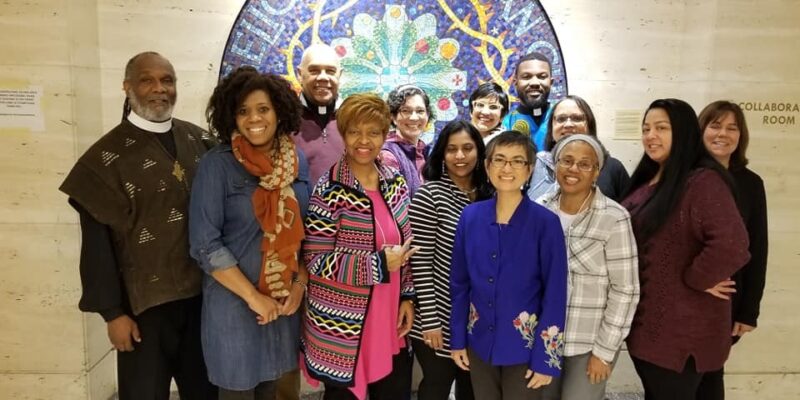
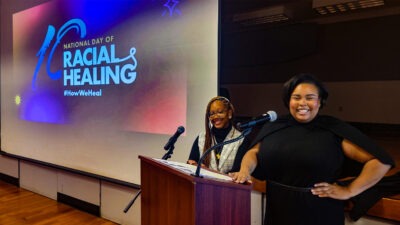

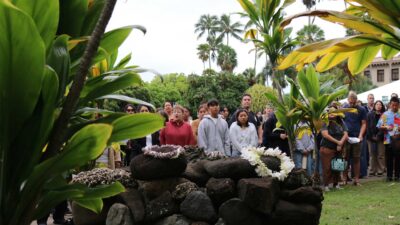
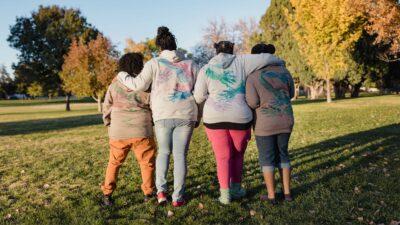
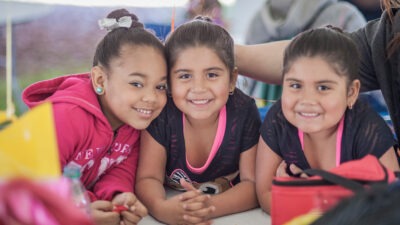
Comments